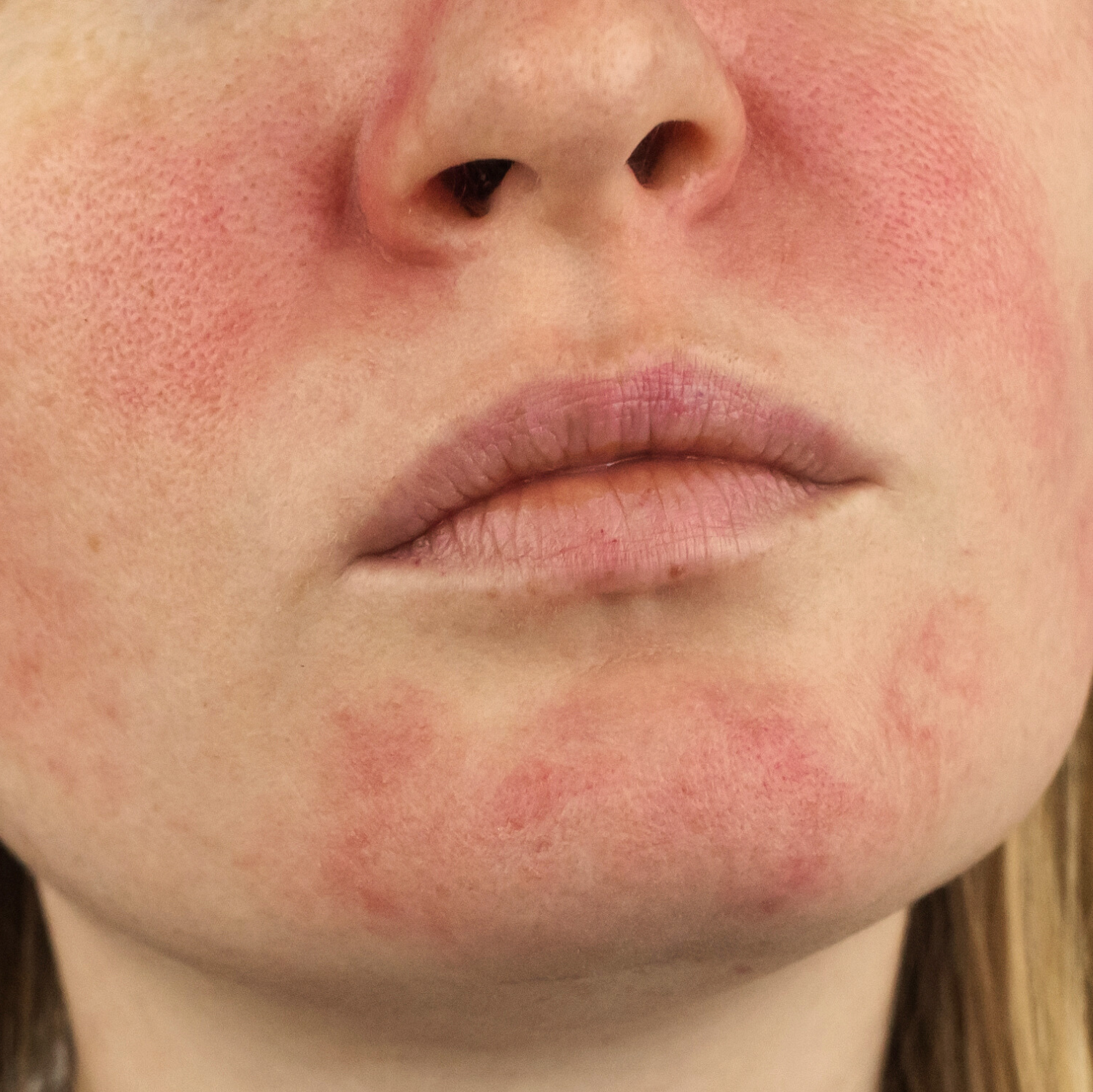Navigating Menopause: Essential skincare tips for radiant skin
Hormones play a crucial role in regulating various essential processes within our bodies. However, during specific life stages such as puberty, pregnancy, and menopause, hormonal fluctuations can lead to significant imbalances. Particularly during menopause, there is a gradual decline in the hormones estrogen and progesterone. As your body strives to find a new equilibrium, these changes can manifest both mentally and physically, with noticeable effects on your skin. What exactly happens to your skin during menopause? The skincare experts at Abloom are here to explain and share tips for optimal skin care during this phase of your life.
Hormonal Changes During Menopaus
Certain hormones, like oxytocin (the bonding hormone) and serotonin (the happiness hormone), are often associated with positive feelings. Others, such as cortisol and adrenaline, are vital for managing stress and providing energy to our cells. Each hormone has a specific role, but an imbalance can lead to uncomfortable symptoms.
At the onset of menopause, you may experience temporary estrogen dominance as progesterone levels decrease more rapidly than estrogen. This can result in symptoms such as migraines, breast tenderness, weight gain, and mood swings. Eventually, the significant reduction in both estrogen and progesterone, as well as other hormones like oxytocin, testosterone, and FSH, can lead to typical menopausal symptoms. These symptoms vary from woman to woman and may include hot flashes, sleep disturbances, joint pain, depression, anxiety, and dry skin.
The Role of Collagen in Skin Health
During menopause, your body produces less collagen, an essential component for maintaining smooth and elastic skin. Collagen makes up approximately 70% of the skin’s connective tissue and plays a crucial role in retaining hyaluron, a substance that aids in skin hydration. Hyaluron resides between collagen and elastin fibers, making the stimulation of collagen production vital for healthy skin.
The Importance of Vitamin C
Vitamin C is essential for collagen synthesis. Foods rich in vitamin C include citrus fruits, kiwis, strawberries, berries, cabbage, bell peppers, tomatoes, broccoli, and both sweet and regular potatoes. However, because vitamin C is required for numerous bodily processes, it often reaches your skin last. Therefore, applying vitamin C directly to your skin is highly beneficial. Abloom’s 100% natural products, such as our Organic Day Cream and Collagen Boost Mask, contain vitamin C derived from Camu Camu, one of the richest natural sources of this vital nutrient.
Hydration with Miracle Oil
A dry skin is a common issue during menopause, making hydration essential. Oils are the most effective substance for retaining moisture on and within the skin. Opt for natural, cold-pressed oils and avoid mineral oils. Our recommendation: the Miracle Oil. This blend of cold-pressed oils and plant extracts hydrates the skin, stimulates cell renewal, and balances sebum production. It’s perfect even for oily skin types. With anti-bacterial properties, this oil nourishes your skin’s microbiome. Ingredients like Indian Madder, Sarsaparilla, and Turmeric are known for their hormone-balancing effects.
To ensure your skin remains well-cared for during menopause, it’s important to continue supporting it with the right products. At Abloom, we’re committed to helping your skin radiate through every stage of life. Discover more about our products here or ask our skin expert.



